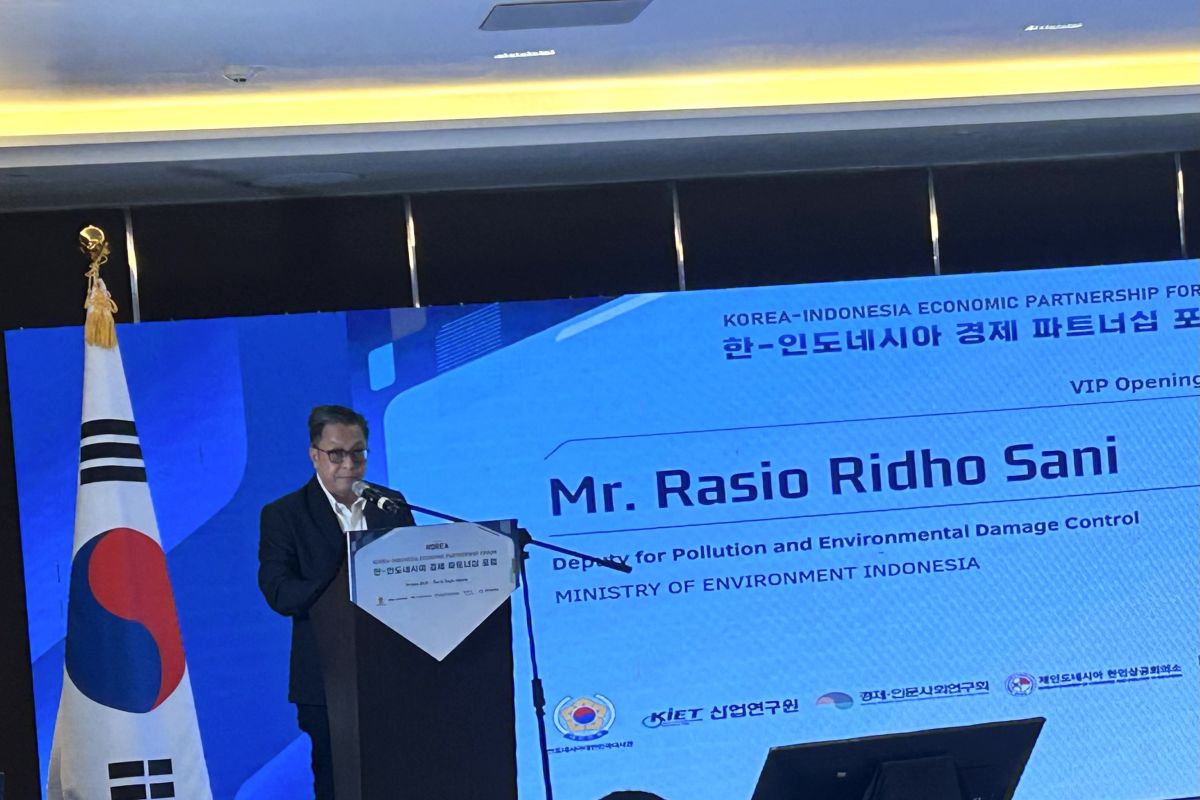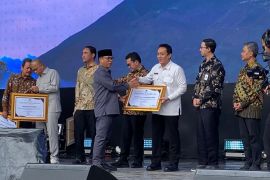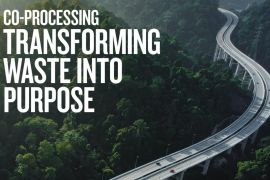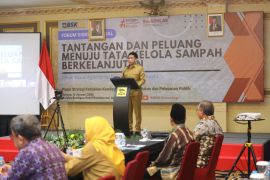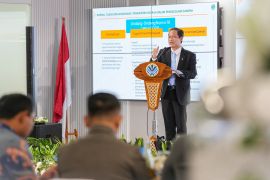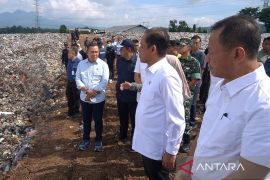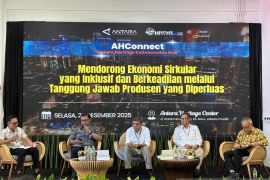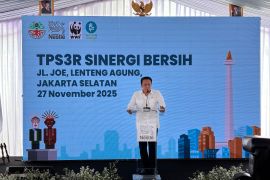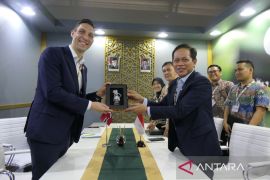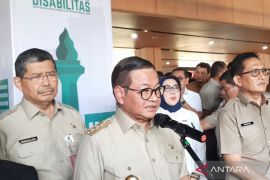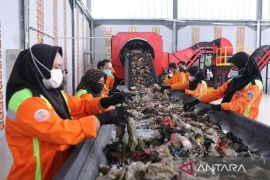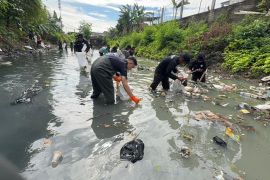"We believe Korea has a lot of experience in dealing with air pollution, waste management, and combating climate change," the ministry’s Deputy for Pollution and Environmental Damage Control, Rasio Ridho Sani, remarked at the Korea-Indonesia Economic Partnership Forum in Jakarta, Tuesday.
Currently, Indonesia generates around 56.33 million tons of waste annually, with only about 39 percent being managed properly.
Meanwhile, the rest of the waste either poses a risk of environmental pollution or is still being processed at final disposal sites using the open dumping system, he explained.
Sani affirmed that waste can be utilized as an energy source through power plants or the Refuse-Derived Fuel (RDF) industry, which converts solid waste into alternative fuels.
"Many Korean companies are involved in the waste management business. There are also many involved in environmental management, and I think the opportunities are getting wider. These could take the form of a G2G (government-to-government) scheme, B2B (business-to-business) partnerships, a combination, or even public-private partnership," he elaborated.
Sani further noted that currently, many companies are moving towards the green industry.
Businesses that adopt good environmental practices can benefit in several ways, such as building a positive reputation, minimizing social conflict, and achieving long-term cost savings, he remarked.
The Indonesian government has also developed the Company Performance Rating Assessment Program (PROPER) aimed at encouraging companies to improve their environmental performance through transparency and democratization.
PROPER assesses companies on various aspects of environmental management, including pollution control, waste management, and biodiversity protection.
"This provides great benefits for Korean companies to become good companies and have a high reputation in environmental protection and management. The incentive and disincentive instruments aim to improve company compliance and encourage social and ecological innovation," he explained.
In addition, the Ministry of Environment is working to streamline the environmental licensing process, including through a digital-based service system for Environmental Impact Analysis, known as AMDAL-Net.
"I believe good collaboration between the government, business, society, universities, and other community organizations can serve as the foundation and main force for improving environmental quality in order to realize everyone's right to a good and healthy environment," Sani concluded.
Related news: Only 10 percent of waste in Indonesia managed properly: Minister
Related news: Seeking solutions for waste handling in Indonesia
Translator: Kuntum Khaira Riswan, Yashinta Difa
Editor: Primayanti
Copyright © ANTARA 2025
